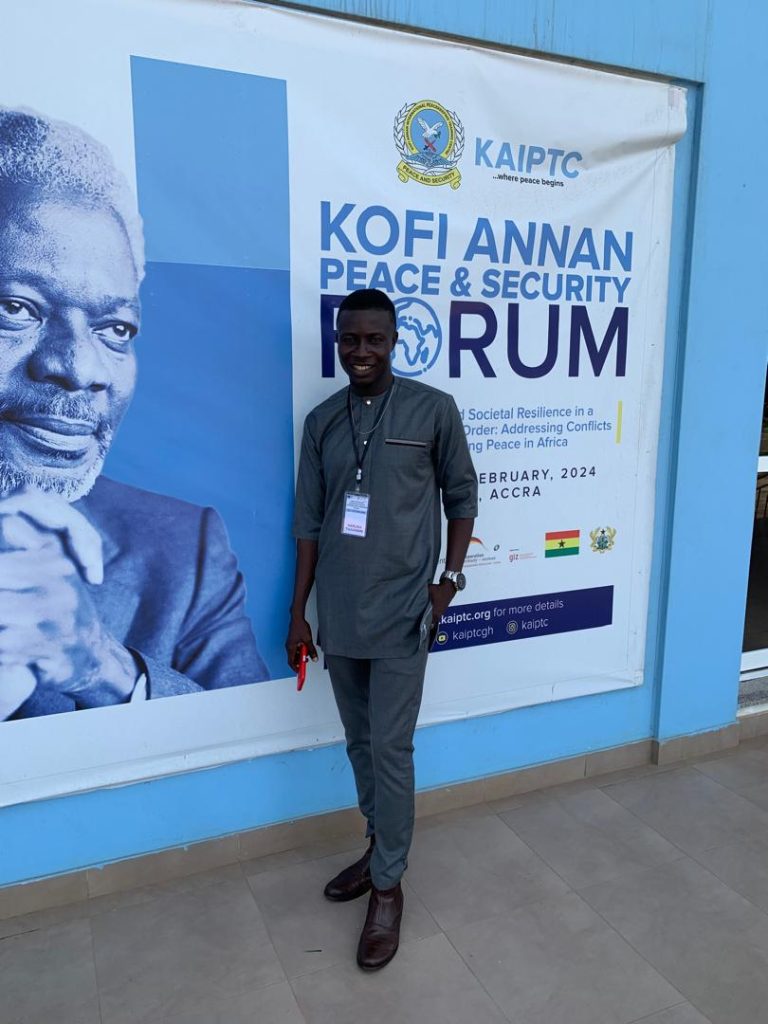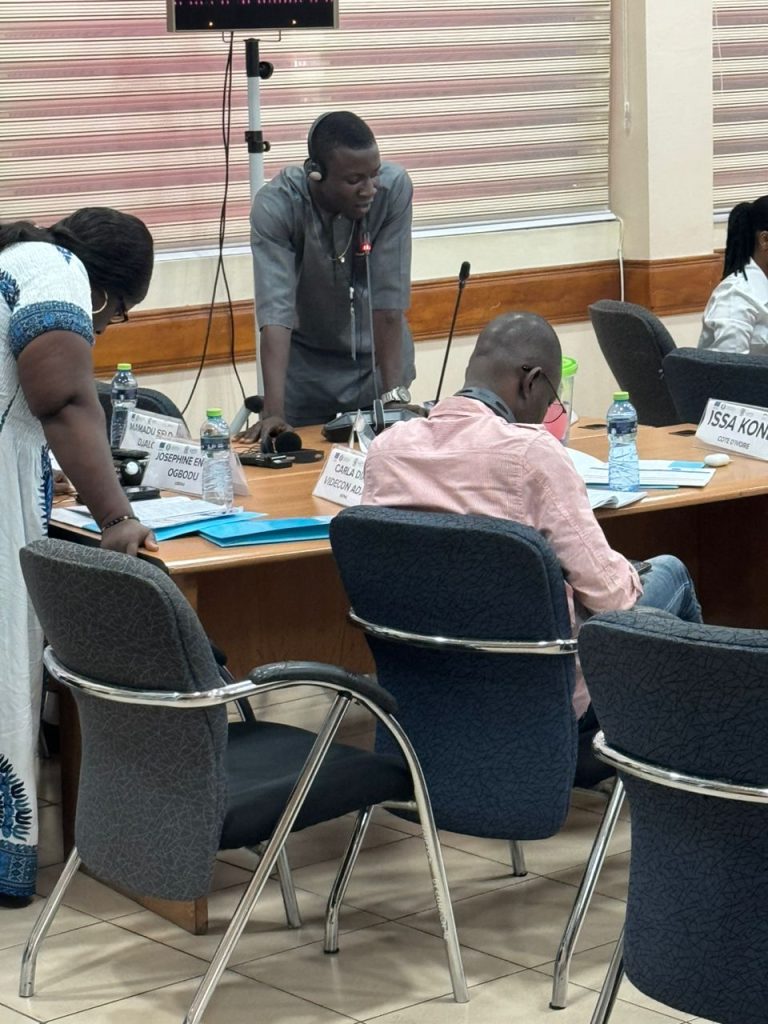GROUP: Youth Without Boarders Ghana
ISSUE: The Need to Include Africa’s Agenda 2063 in the Curriculum of Basic Schools
COUNTRY: Ghana
Agenda 2063 is a master plan for transforming Africa into the global powerhouse of the future. This was because the leadership decided to refocus and reprioritize Africa’s agenda from the toil against apartheid and political independence to becoming a dominant player in the global arena. With a pan-African vision of attaining an integrated, prosperous, and peaceful Africa in mind, it is essential to instil the knowledge of Agenda 2063 in our current and future generations through classroom instructions. The following reasons birthed by conclusion;

Incorporating Agenda 2063 in the curriculum of basic schools will enhance the rate at which pupils read, understand, teach, and write about the flagship programs entrenched in it. Agenda 2063 not only encapsulates Africa’s aspirations for the future but also identifies key flagship programs that can boost Africa’s economic growth and development. Programs such as; the Establishment of the African Free Trade Area, The African Passport and Free Movement of People, Silencing the Guns by 2020, The Pan-African E-Network, and Encyclopaedia Africana, among others, should be added to the curriculum of basic schools to ensure it is studied daily. This will improve its widespread and better understanding and appreciation.
The inclusion of Agenda 2063 in the curriculum of basic schools will aid in the propagation and advocacy of the key activities undertaken or planned to be undertaken by the African Union (AU). Agenda 2063 identified some ten (10) key activities to undertake in its ten (10) years implementation plans (2013-2023). Despite the implementation of these activities (From 2013-2023), the chorus of Agenda 2063 is still far from most African citizenry. This bridge can be closed if it is granted a space in our course of study, for the pupils, as well as the materials of study, will become the mouthpiece of propagation and advocacy.
Key to the vision of Agenda 2063 is to develop an informed African youth competent of making decisions that will transform the African continent. This is another reason why inculcating Agenda 2063 into the curriculum of basic schools is essential, for it contains policy formulation and implementation processes, analysis of complex socio-economic issues facing Africa, and development of innovative solutions to address them. The process of taking students through these studies will enhance their critical thinking ability as well as improve their decision-making skills.
Including Agenda 2063 in the curriculum of basic schools will imbue in the school-going children a significance of Pan-Africanism. Pan-Africanism is a socio-political movement that aims to unify African people worldwide. The mission, vision, content, and spirit behind Agenda 2063 is to attain an integrated, prosperous, and peaceful Africa. This knowledge is essential in the classroom if social cohesion, oneness, peace, solidarity, unity, and the essence of collaboration with African nations to achieve a common goal is to be championed among African youth. There is a need for holistic programming for teenagers to accept Africanism before they grow, a mission that can be attained with ease in a classroom instruction.

Agenda 2063 underscores sustainable development, economic growth, and social inclusion. By integrating it into the curriculum, basic students will acquire knowledge in sustainable practices, environmental conservation, and inclusive economic policies. This will go a long way to preserve the environment. Educating young minds about Agenda 2063 will empower them to actively participate in shaping the fortune of Africa. They will understand their roles in contributing to the continent's development and take ownership of their actions.
In conclusion, incorporating Agenda 2063 into the curriculum of basic schools is essential for shaping an era of African leaders who are knowledgeable, farsighted, proactive, and committed to the continent's development. It will facilitate a sense of responsibility, and Pan-Africanism among the youth, paving the way for successful and sustainable future for Africa.